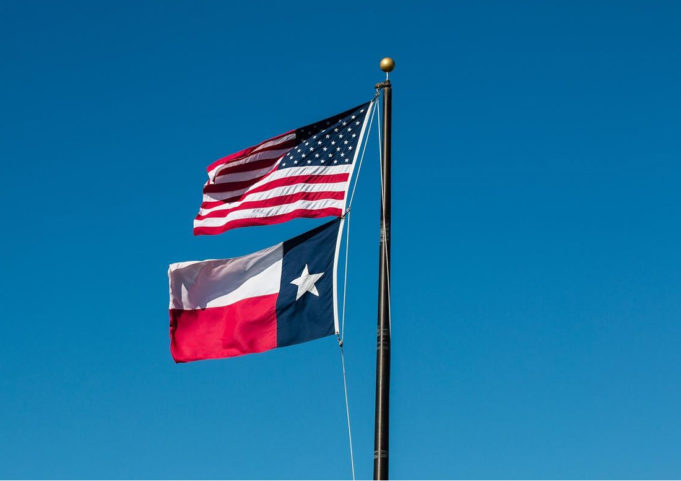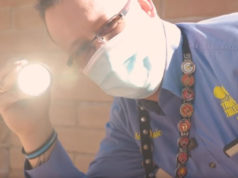Texas has become one of the fastest-growing states in the country, attracting people from all over the nation with its booming job market, affordable cost of living, and diverse lifestyle opportunities. Whether you’re moving for a career opportunity, family reasons, or simply chasing a fresh start, the Lone Star State offers plenty of promise. But while the move may be exciting, the transition itself requires careful planning. From hiring the right movers to getting familiar with Texas culture and laws, preparation can make the difference between a stressful move and a smooth one. Continue reading this article to know exactly how to prepare for your relocation and settle into Texas life with confidence.
Plan Early: Start Early and Stay Organized
The best way to prepare for a big move is to give yourself plenty of time. Once you know you’re heading to Texas, start mapping out your moving plan. A timeline can help keep everything on track and ensure you don’t miss important steps. For example, scheduling packing days, setting deadlines for utility cancellations, and making travel arrangements early will reduce last-minute stress. Staying organized also means keeping important documents in one place, such as lease agreements, moving contracts, and medical records. By treating your move like a project with a clear start and finish, you can avoid feeling overwhelmed and instead focus on the excitement of your new life in a new state.
Hire Experienced Movers Who Know Texas
Moving to Texas is not the same as moving across town. The state’s size, road systems, and long-distance logistics can make the process complicated if you don’t have the right help. Hiring a moving company that specializes in long-distance moves gives you peace of mind, especially if the team already has experience relocating people to Texas. Movers such as Solomon & Sons Relocation Services understand the unique challenges of bringing belongings into the state. They know how to navigate long drives, deal with unpredictable traffic, and handle heavy loads with care. Experienced movers also help you settle more quickly, because you won’t have to spend days unloading and sorting by yourself.
Understand the Texas Housing Market
Before you pack your boxes, it’s worth taking time to study the housing market in Texas. Each city offers something different, and understanding the options helps you make the right decision for your lifestyle and budget. Austin has become a hub for tech workers and offers a vibrant cultural life, but housing costs there are higher than in other parts of the state. Houston and Dallas provide more variety, from upscale apartments to suburban neighborhoods with affordable single-family homes. San Antonio is known for its rich history and lower cost of living, making it attractive for families. Deciding whether to rent or buy depends on how long you plan to stay and your financial readiness. Nevertheless, by researching ahead of time, you’ll avoid surprises and feel confident about your new living situation.
Budget for the Move and Beyond
The moving process often costs more than people expect, so make sure the budget you set is realistic. In addition to the expense of hiring movers, you’ll need to consider packing supplies, travel costs, and deposits for utilities or housing. Once you arrive in Texas, there will be other expenses to manage, such as furnishing your home, adjusting to local prices, and possibly higher car insurance depending on the city. Budgeting for the months after your move ensures you won’t feel financially strained while trying to settle in. Setting aside a cushion for unexpected costs also makes the transition easier.
Get Familiar with Texas Weather
One of the biggest adjustments for newcomers is the Texas climate. The state covers a huge area, so the weather varies significantly depending on where you move. Houston and other Gulf Coast cities are hot and humid, with long summers that require good air conditioning. Dallas and the northern regions still get hot summers, but also experience cooler winters. West Texas, on the other hand, is dry with desert-like conditions. Knowing what to expect makes preparation easier. You may need to update your wardrobe, invest in weather-resistant car maintenance, or make sure your home is equipped with strong cooling systems.
Learn About Texas Driving and Transportation
Unless you plan to live in the heart of a major city with strong public transit, owning a car in Texas is almost always necessary. The state’s size and spread-out layout make driving the most practical way to get around. After moving, you’ll need to transfer your driver’s license and register your vehicle with the Texas Department of Motor Vehicles. Texas also has toll roads, particularly around Dallas, Houston, and Austin, so investing in a toll tag can save time and make commuting easier. Traffic can be heavy in larger metro areas, but outside of the cities, driving is often a pleasant way to explore the landscape. Whether you’re navigating busy highways or enjoying scenic drives in the Hill Country, being prepared for Texas driving ensures you can handle daily life smoothly.
Explore the Job Market and Networking Opportunities
Texas has a reputation for economic growth, and many people relocate for career opportunities. The energy industry has long been central to the state’s economy, but today, tech, healthcare, finance, and education also provide strong job prospects. Beyond securing a job, building a network is essential for long-term success. Texas has a strong sense of community, and joining professional organizations or attending industry events can help you connect with others. These connections open doors for career growth while providing valuable support as you adjust to your new environment.
Moving to Texas is a chance to shape a new chapter in your life. With its growing cities, diverse opportunities, and rich cultural traditions, the state offers something for nearly everyone. Once the moving boxes are unpacked and the details are handled, the real adventure begins. Every new place you explore, meal you share, and connection you build adds to the experience of living in the Lone Star State. Preparation gets you there, but what you make of Texas once you arrive is entirely up to you.












